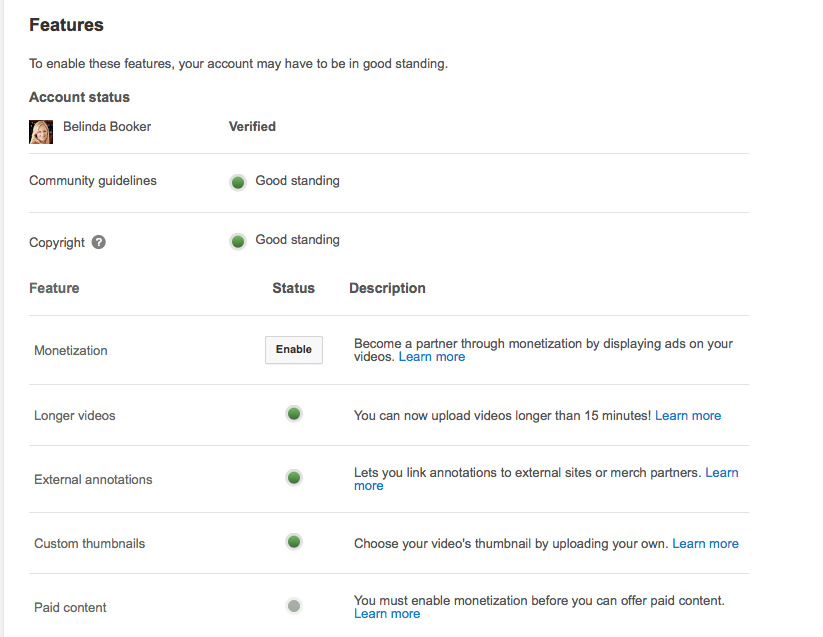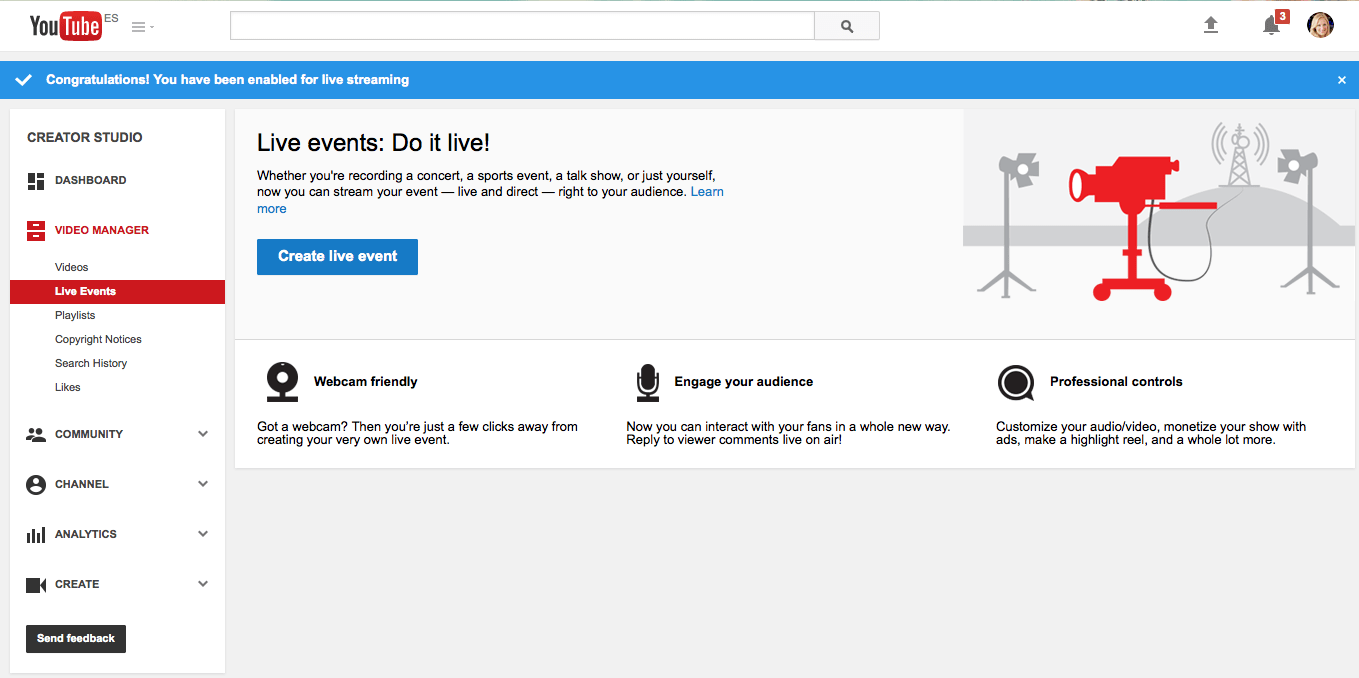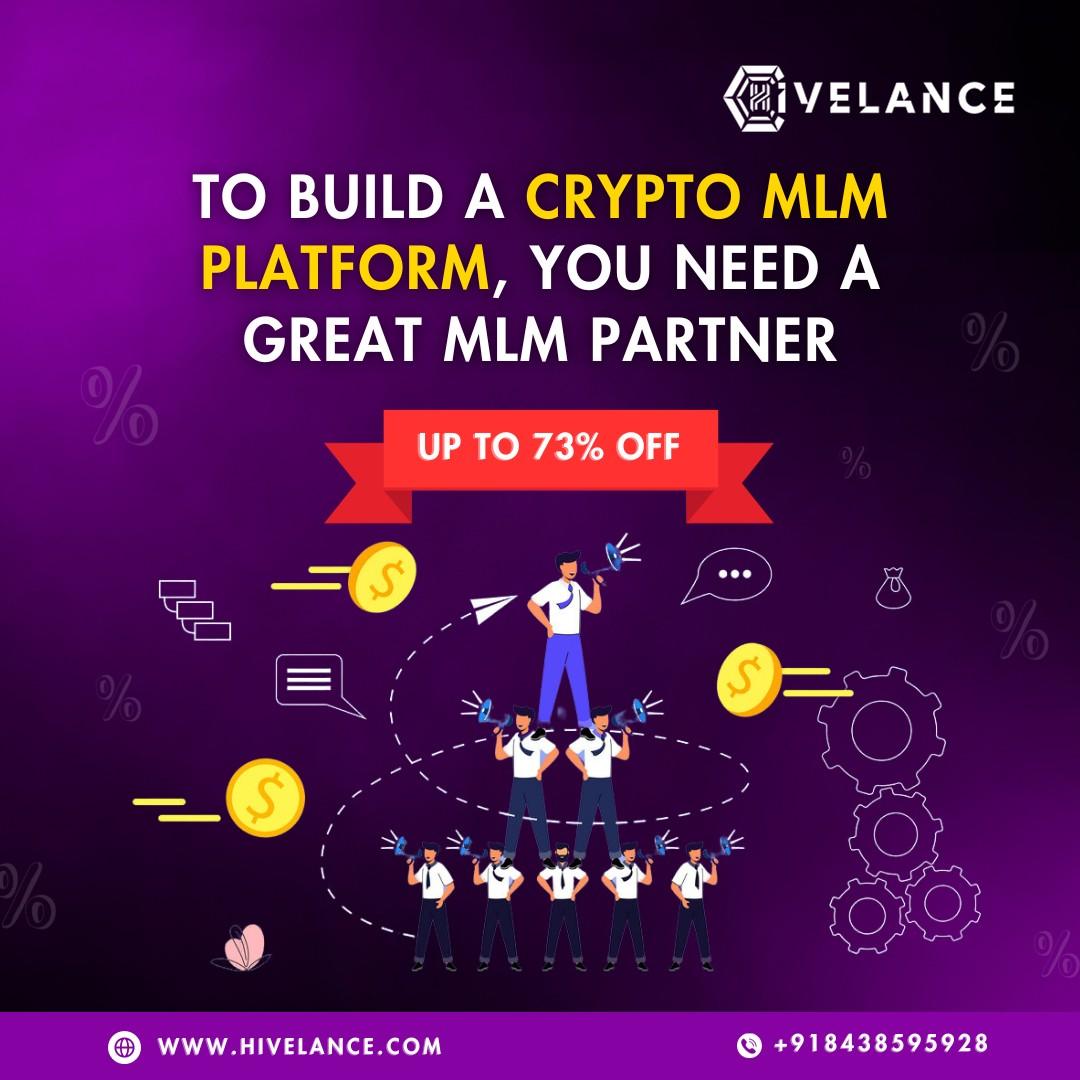This is a guest post by Mark Walker, Marketing Director for Attest.
Millennials are one of the most coveted demographics for just about every industry – they’re a major economic force and cultural change makers – spanning from the ages of roughly 22-35 years old.
They’re no less important for the music – and particularly live music – market, and as this generation has matured and hit the mainstream, live music has also grown. While causation can never be proven, it’s well documented that as a generation, millennials covet experiences over material possessions, making it highly likely that they’re a driving force behind this growth in ticket sales.
So we thought it would be useful to take a data-driven snapshot of just what it is that millennials most like and dislike about going to gigs. Because figuring out where the industry can improve, or double down on what they’re getting right, could be the difference between continued growth and stagnation.
Our results certainly show that there’s a strong correlation between people’s perceived experience of attending gigs and how often they attend them.
Those who said that their overall experience was ‘amazing’ were over 250% more likely to have attended 12 or more gigs in the past 6 months, and 183% more likely to have been to between 7 and 12.

While we can’t prove that there’s a causal relationship here, it’s probably a safe bet to assume that good experiences drive future ticket sales, while negative experiences will dampen demand.
Is the price of drinks costing you ticket sales?
42% of those who felt their overall gig-going experience was ‘really good’ cited ‘cost of drinks’ as what they’d most like to change; this is versus 29% of those who rated their experiences as ‘amazing.’
This could indicate that drinks prices are a factor in moving someone’s experience from really good to amazing, which we’ve seen has a strong correlation to how many gigs they attend.
For those who rated their gig going as mostly ‘amazing’ the biggest thing they’d like to see change is ease of getting transport home. To help support your biggest fans, can you work with local partners to put in place transportation, whether it’s a coach for longer-distance visitors, or some kind of discount worked out with local taxi firms (or Uber)?
The main gripes that ‘Ok’ raters had with gigs were that they are ‘too busy/crowded’ (36% v 22% average), the sound quality (9% v 5% average) and gig discovery (9% v 4% average).

Those who rated their experience of going to gigs as ‘Ok’ were 31% less likely to attend 3-4 gigs a month than those who rated it as ‘really good’ so working on these issues could potentially lead a significant increase in ticket sales by turning infrequent attendees into loyal fans.
Those classing their experience as ‘not good’ were more focused on security, gig discovery and too many gigs on ‘school nights’ as areas for improvement.
Men were more likely than women to vote ‘cost of drinks’ as the thing they’d most like changed, while females were more likely than men to want to see ‘toilet facilities’ and ‘difficulty getting home’ improved.
Gen Z (those 21 and under) were more than twice as likely as millennials (those aged 22-35) to want to see gig discovery improved, while also being more concerned with difficulty in getting home and security.
No match for live music
One of the most unexpected results was how much more value gig goers would put on the live experience versus music streaming, with 45% considering a single gig ticket costing £60 to see their favourite band as the best value for money, versus just 11% thinking that 6 months of Spotify Premium represented the best value.

However 10 months of Netflix was the second most popular choice – at 30% – so while it’s unlikely that many people streaming music would ever opt for that experience over seeing the real thing (i.e. it definitely doesn’t cannibalise the market), promoters will always need to compete with other entertainment alternatives.
Love – Hate
Here are 2 wordclouds that illustrate the kinds of words that gig fans used to the describe why they selected the overall experience that they did.
Those who rated their experience as ‘Amazing’ or ‘Really good’ focused a lot on the atmosphere, music and shared experiences.

Those who rated their experience as just ‘Ok’, ‘Not Good’ or ‘Horrible’ focused a lot on crowds and gigs feeling too busy, the loudness of the music and the variable quality of performances.

Not so selfie-centred
‘Being present and in the moment’ was voted the best thing about going to gigs (by 27%) versus ‘Getting cool content for Instagram/Snapchat’ and ‘Telling your friends about it after’ which were jointly voted least important to gig-goers (with 3%).

However, for Generation Z (those aged under 21), who we also surveyed, ‘Getting cool content for Instagram/Snapchat’ was almost 2x as important than for millennials. Which means that for venues and promoters looking to attract the cohort after Millennials, they may need to consider the ‘instagram effect’ that’s hit restaurants too.
Interestingly we can see that those who generally rated their experiences of gigs as just ‘Ok’ were motivated by very different things than those who were much more positive.
The ‘Ok’ group were much less likely to rate getting close to the band/artist as one of their favourite aspects of going to the gig, and instead prioritised ‘meeting people and making new friends’, ‘getting cool content for Instagram/Snapchat’ and ‘telling your friends about it after’ much more highly.

Heavier gig goers (those attending 7 or more gigs over the past 6 months) were much more likely to care about feeling closer to the band and sharing the experience with friends, so if these are the kinds of fans you want to attract, it would make sense to offer incentives and VIPs type passes to give them exclusive access to performing artists; and maybe group discounts so it’s easier for them to encourage their friends to go with them.
Favourite venues
We also asked for gig goers favourite venues, without any prompts, and these were the top 10.
- O2 Arena (25%)
- Wembley Arena (11%)
- Manchester Arena (7%)
- Brixton Academy (5%)
- Barrowlands (3%)
- Roundhouse (3%)
- the NEC (3%)
- First Direct Arena (3%)
- SSE Hydro (3%)
- O2 Academy (2%)
In conclusion
Millennials (and the next cohort coming after them – Gen Z) are hugely important to the success of any live music venue, promoter and artist.
It pays to understand what motivates them to buy tickets and go to gigs, what stops them from having an ‘amazing’ time, and what you could do to make their experiences even better.
This data should help you do just that, or if you’d like more custom consumer insights and research into what’s driving your audience’s behaviour, we’d be happy to help.





